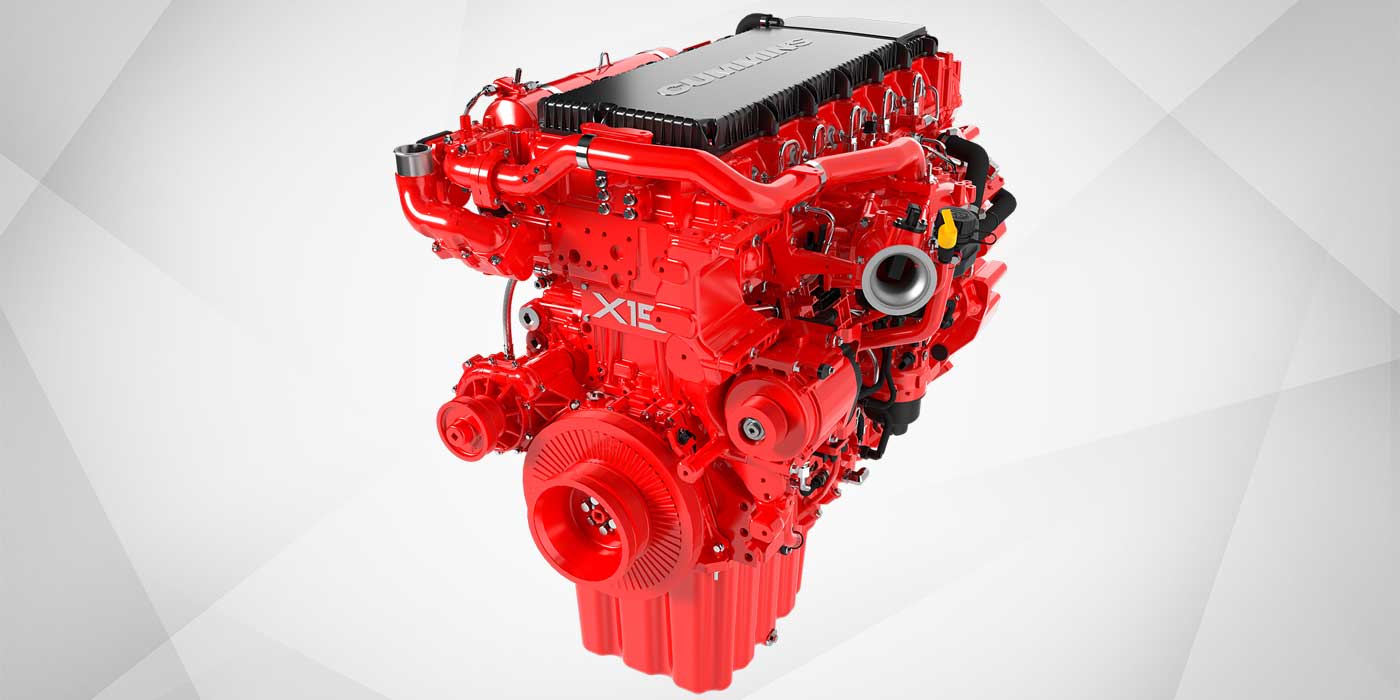A Total Guide to Picking the Right Engine for Your Task
Picking the ideal engine for your project is a critical decision that can considerably influence its general success. Each of these aspects plays an essential function in ensuring that your picked engine not only meets immediate objectives however likewise lines up with long-term aspirations.
Specify Your Job Requirements
Specifying your project needs is a crucial action in picking the suitable engine for effective implementation. A detailed understanding of your task's objectives will lead you in determining the capabilities and functions needed from an engine. Begin by detailing the extent of your project, including the preferred performance, target market, and the specific outcomes you aim to accomplish.
Following, take into consideration the technological requirements that align with your project objectives. This consists of assessing the compatibility of the engine with existing systems, in addition to the programming languages and structures that will be made use of. Additionally, evaluate the degree of scalability called for to accommodate future development or changes in demand.
Budget constraints likewise play a crucial function in defining your job needs. Establish a clear financial framework to guide your decision-making procedure, ensuring that the engine selected fits within your spending plan while giving the essential capability.
Evaluate Efficiency Demands

Engines that sustain horizontal scaling are frequently preferable for larger applications. Furthermore, examine the engine's efficiency under various problems, such as peak use scenarios, to ensure it satisfies your integrity criteria.
Consider Ease of Use
While technical specs are crucial, the ease of use of an engine can considerably affect the growth procedure and general job success. An user-friendly user interface, clear documents, and structured process can significantly decrease the knowing curve for developers, enabling them to concentrate on imagination and analytical as opposed to grappling with facility devices.
When examining an engine's simplicity of usage, consider the onboarding experience. A well-structured introduction, full with tutorials and example tasks, can assist in a smoother shift for brand-new customers. Additionally, the clearness and comprehensiveness of the engine's paperwork play an important function; detailed guides and API recommendations can equip designers to troubleshoot and apply attributes effectively.
Another facet to think about is the engine's personalization capabilities. An engine that allows for simple modifications can be extra straightforward, as designers can customize it to fit their certain requirements without substantial problem. Lastly, assess the process integration with platforms and devices you already make use of. A cohesive ecological community can enhance performance and reduce friction throughout the development process. Eventually, picking an engine that focuses on ease of usage can bring about a much more delightful and productive development experience.
Assess Community and Assistance
The strength of an engine's community and assistance network can substantially affect a designer's experience and success. When assessing an engine, consider the dimension and activity degree of its area.
Additionally, examine the accessibility of official assistance channels. Dependable documents, receptive customer support, and normal updates are necessary for dealing get redirected here with technological problems and maintaining your project on course. Engines For Africa. Active communities additionally foster cooperation, offering possibilities for networking and feedback, which can be invaluable, especially for little groups or independent developers
In addition, investigate the visibility of community-run occasions, such as meetups or hackathons. These celebrations can enrich your understanding of the engine while linking you with potential collaborators and knowledgeable customers. In summary, a durable community and support system not only simplify growth but likewise produce a setting for learning and development, eventually boosting the chance of your project's success.
Compare Cost and Licensing Choices
Budget Recommended Site plan factors to consider play an important duty in picking the right engine for your project, as the cost and licensing options can considerably affect both short-term costs and long-lasting practicality. Engines For Africa. Different engines provide varying pricing structures, which can consist of single acquisition charges, registration designs, or revenue-sharing contracts based on your project's earnings

Accrediting options additionally vary considerably. Some engines are open-source, supplying versatility and community-driven assistance, while others may call for proprietary licenses my review here that limit use and distribution. Recognizing the ramifications of each licensing version is crucial, as it influences ownership civil liberties, future scalability, and prospective lawful obligations.
Verdict
To conclude, selecting the ideal engine for a job demands a complete evaluation of defined task needs, efficiency needs, ease of usage, community support, and expense factors to consider. By systematically dealing with these critical elements, decision-makers can make sure placement with both future and current job demands. A knowledgeable selection eventually enhances the possibility of job success, allowing efficient source allowance and maximizing prospective results within the defined monetary constraints.
Selecting the proper engine for your job is an important choice that can substantially affect its general success.Specifying your job requires is a critical step in choosing the proper engine for successful application. An extensive understanding of your job's goals will guide you in identifying the attributes and abilities called for from an engine.Once you have a clear understanding of your task needs, the following step is to evaluate the efficiency needs of the engine.In conclusion, selecting the proper engine for a job necessitates a thorough examination of specified task needs, performance needs, convenience of usage, area assistance, and expense considerations.